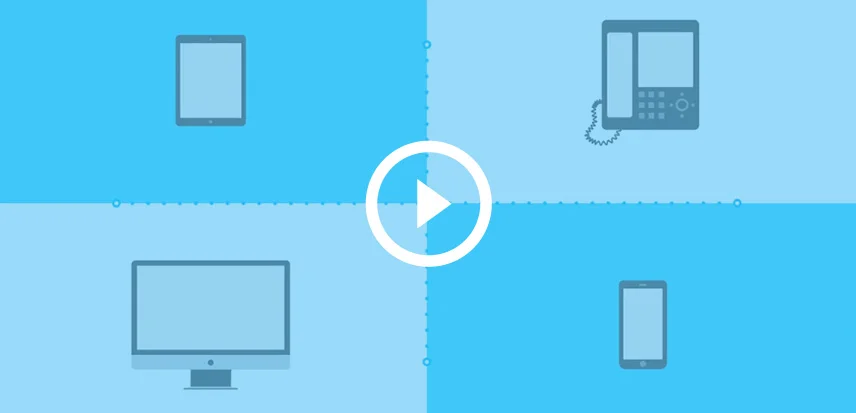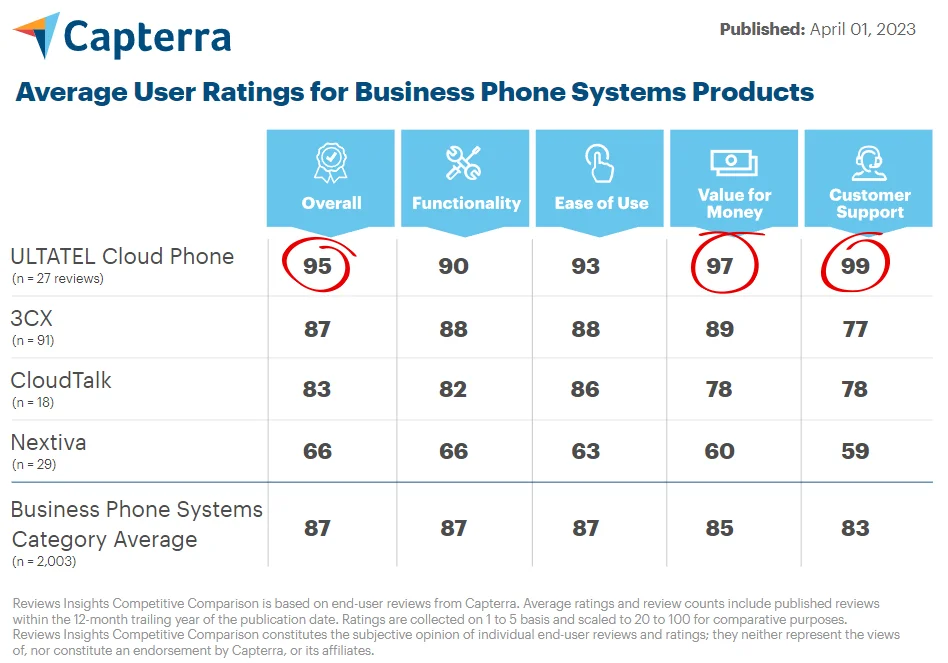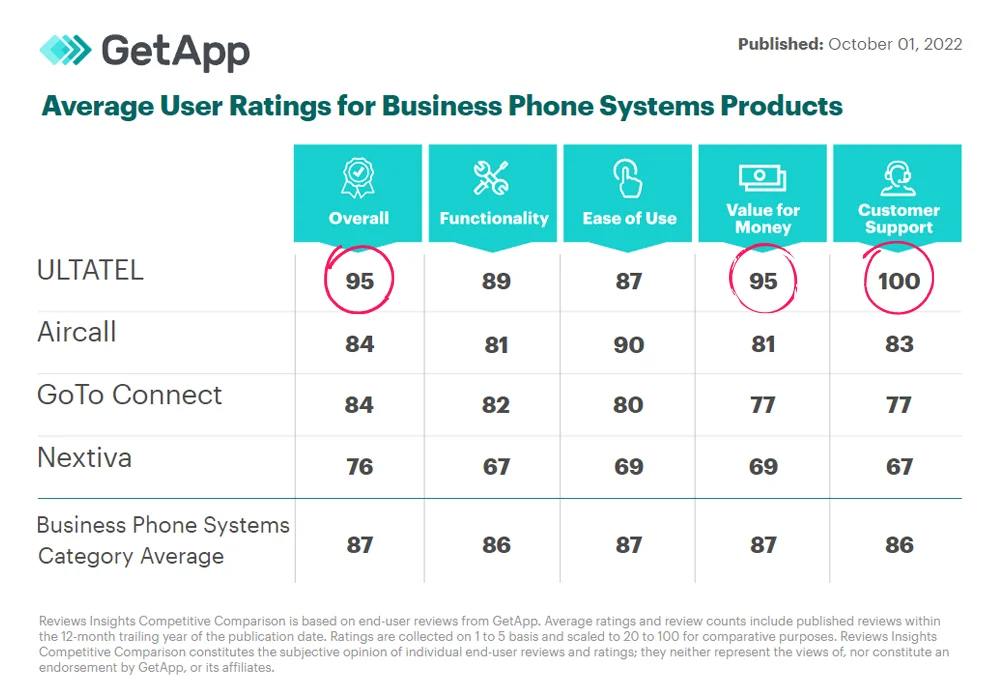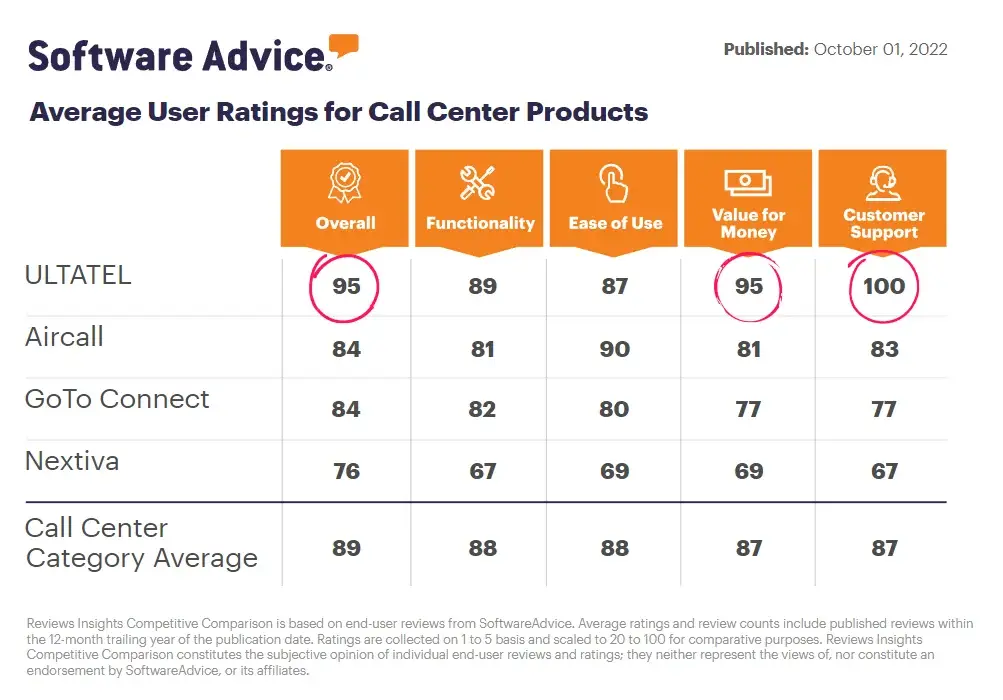What is Private Branch Exchange?
A Private Branch Exchange, or PBX, is a telephone system that is used by businesses to facilitate communication between employees and customers. These systems typically leverage advanced features like call queuing, intercom systems, and voice messaging to enhance customer service and improve efficiency within the organization.
PBX systems can be either on-premises or hosted in the cloud. On-premises systems are typically more expensive and require more maintenance than cloud-based solutions. However, they can offer more flexibility in terms of features and customization.
What Is the Primary Function of PBX?
The primary function of a PBX is to route calls between extensions within the same building or organization. This allows employees to communicate with each other without having to use a public switched telephone network (PSTN).
PBX systems can also be used to connect to external customers and clients. In most cases, PBX systems will be connected to the PSTN through a gateway. This allows calls to be placed to and from the PBX system and the PSTN.
What Are the Benefits of PBX?
There are many benefits of PBX systems, including improved customer service when it comes to call queuing and call recording, enhanced efficiency, and the ability to customize the system to the specific needs of your organization.
In addition, PBX systems can offer scalability and redundancy. This means that they can grow with your organization as your needs change. And, if one component of the system fails, the rest of the system can continue to operate.
Is PBX Better Than VoIP?
The answer to this question depends on the needs of your organization. PBX systems can offer more features and customization than VoIP solutions. However, they are also typically more expensive and require more maintenance.
For organizations that need a high degree of flexibility and customization, PBX may be the best option. For organizations that do not need as many features, VoIP may be a better option.











